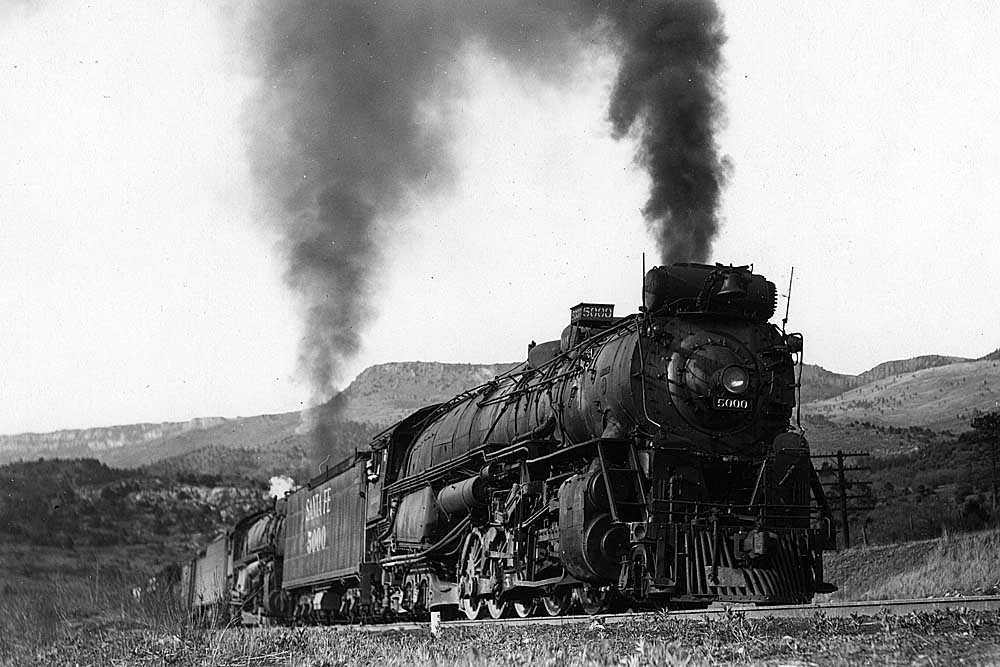
Family road trips usually involve self-inflicted detours to see park steam engines, “stuffed and mounted” for the sake of local posterity. They’re usually easy to find, thanks to J. David Conrad’s standard reference “Steam Locomotive Directory of North America, Vols. I and II,” which I’ve consulted for decades, or, in a pinch, Google. A […]
Read More…
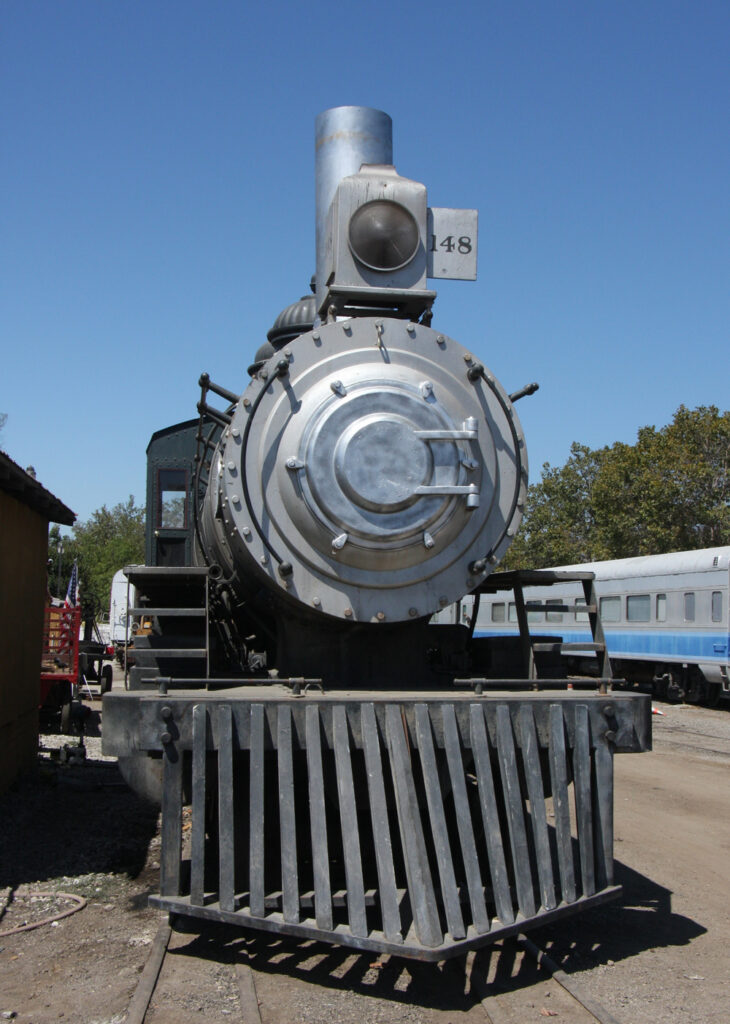
Real or fake? It’s always exciting to come across stuff you didn’t know existed. So, imagine my surprise when driving through Fillmore, Calif. one day and spying not one but two steam locomotives: vintage ones at that! Sunning themselves in the small yard of a tourist railroad were a pair of 19th century creatures that […]
Read More…
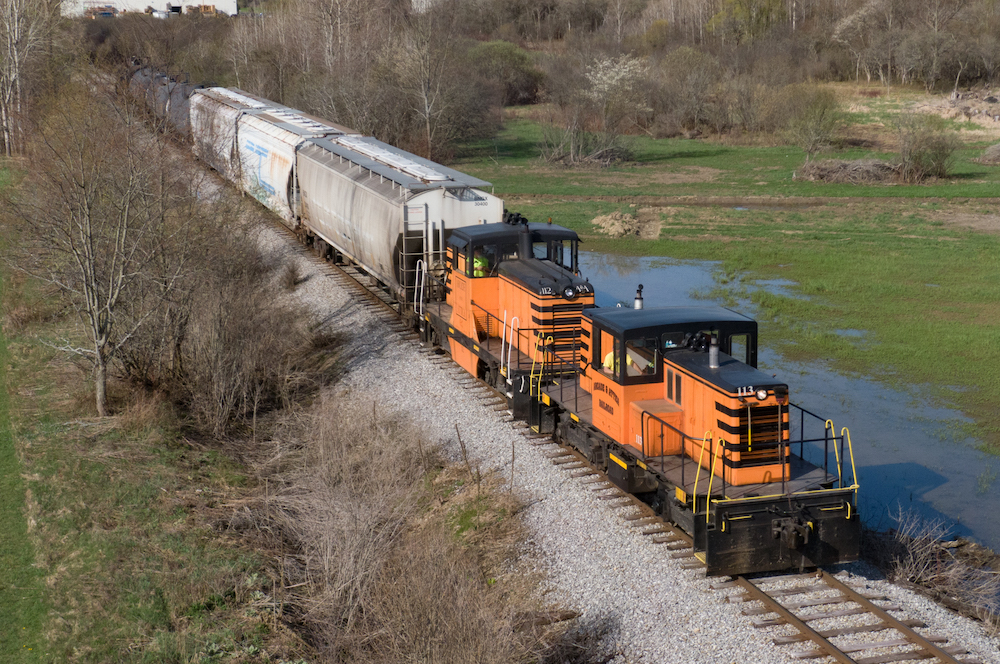
General Electric locomotives at Arcade & Attica Tucked away in far western New York State a little southeast of Buffalo is the tiny Arcade & Attica Railroad. Known by the public as a tourist operation and by railfans as a hauler of freight with small center-cab General Electric locomotives rolling through beautiful countryside. Beginning later […]
Read More…
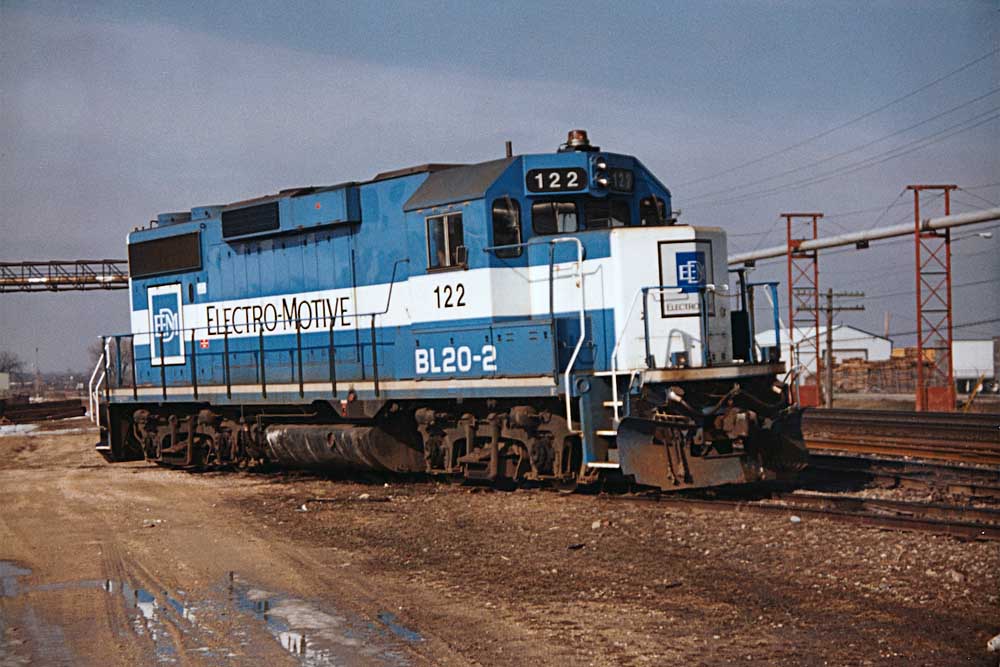
The EMD BL20-2 locomotive had to be an engineer’s brainchild to improve the company’s share of the locomotive market. Just look at the concept. It was brilliant. Perceived as a win-win for both the manufacturer and railroad, EMD would remanufacture older, high-mileage GP9s with new guts at a cost far less than paying […]
Read More…
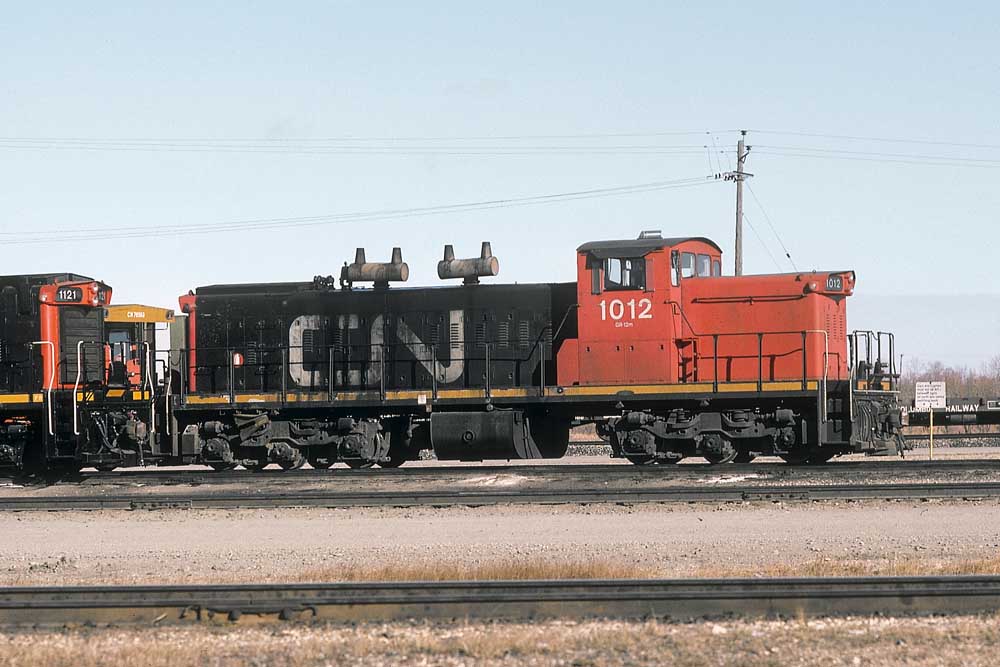
Canada’s GMD1 diesel locomotive was the first to be completely designed by General Motors Diesel Ltd., Electro-Motive’s subsidiary at London, Ontario. GMD built 101 copies in two variants between 1958 and 1960. The locomotive was powered by a 12-cylinder, non-turbocharged 567 prime mover producing 1,200 hp. A news brief in Trains’ July 1959 issue called […]
Read More…
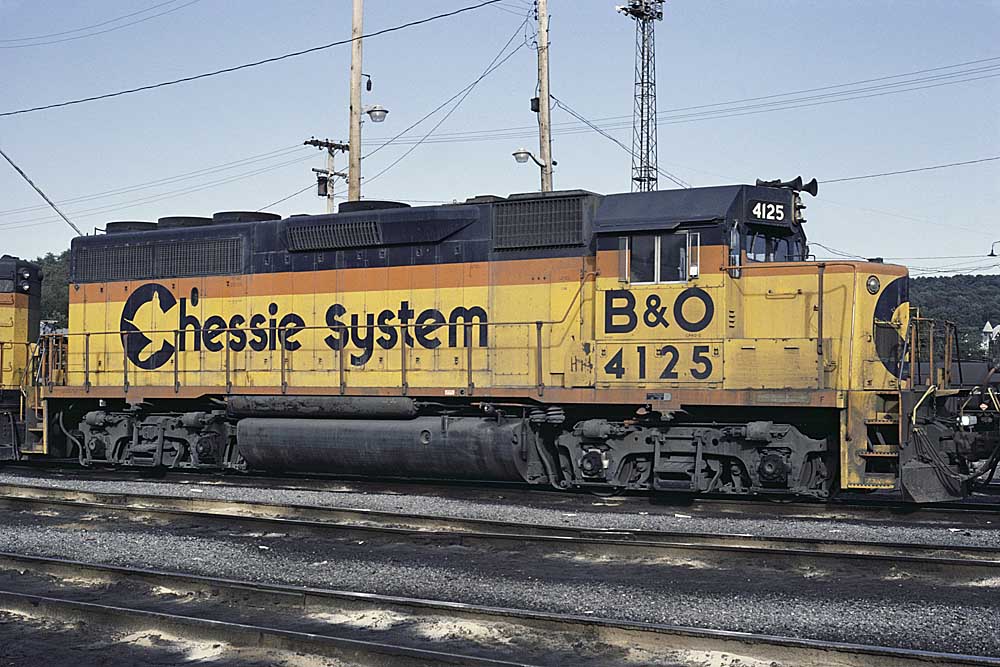
The best-selling Dash-2 EMD diesel locomotives will come as no surprise to diesel locomotive fans. By the late 1960s, the horsepower race had quieted, with 3,000-hp locomotives becoming the norm for fast freight (EMD’s GP40 and SD40, GE’s U30B and U30C) and 2,000 for local service (EMD’s GP38). EMD had successfully introduced a new, […]
Read More…
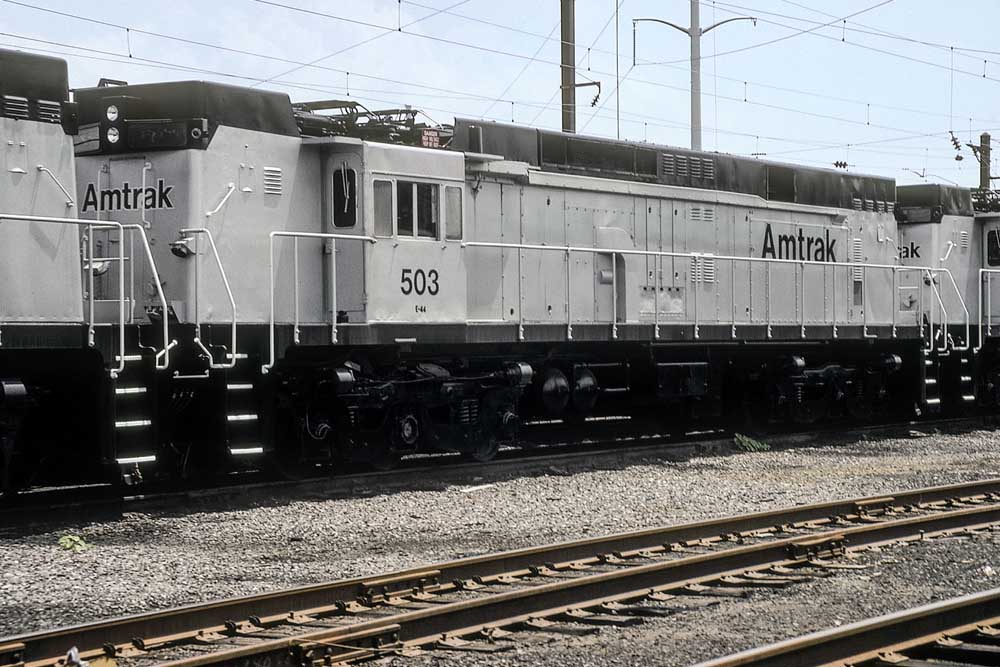
Amtrak E44 electric locomotives are eight roster oddities that likely never turned a wheel in revenue service for the passenger carrier. The Pennsylvania Railroad acquired 66 of the 5,000-hp, six-axle E44 electric locomotives from General Electric, Nos. 4400-4465. Built at Erie, Pa., between 1960 and 1963 the motors were 69-feet, 6-inches long and […]
Read More…
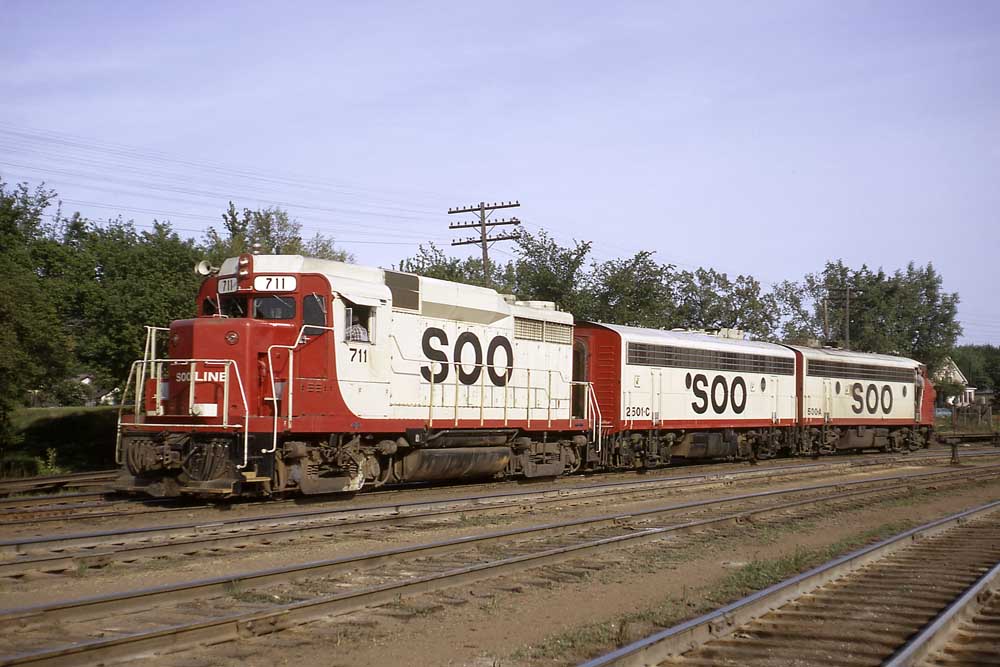
Soo Line diesel locomotives came from four builders and sported two distinctive paint schemes. The Minneapolis, St. Paul & Sault Ste. Marie had long been known by its nickname, the Soo Line. The railroad adopted that name officially in 1961 when it merged the Wisconsin Central and Duluth, South Shore & Atlantic, both […]
Read More…
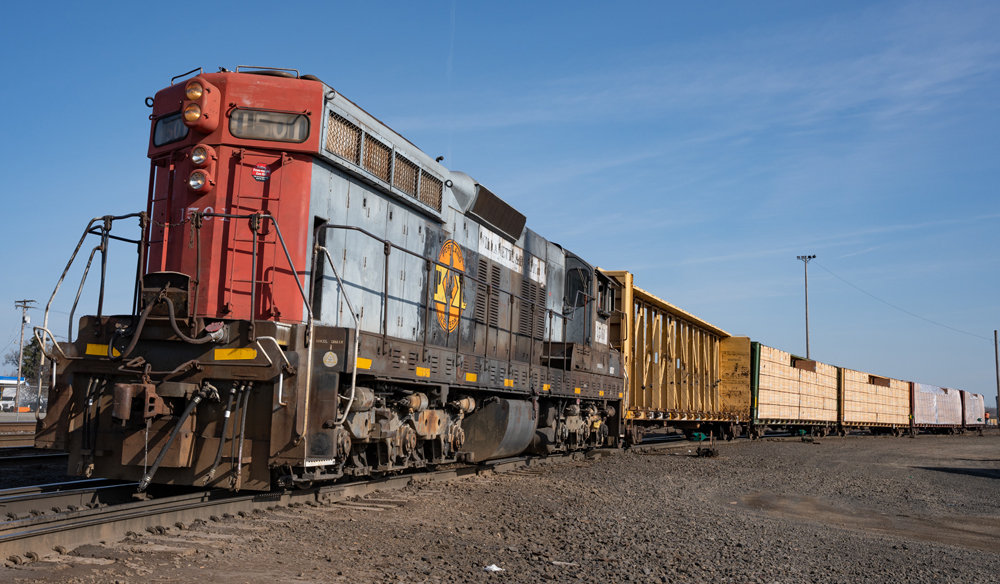
SD7 and SD9 locomotives The Electro-Motive Division’s original six-axle diesel-electric road switchers were the SD7 and SD9. Producing 1,500 and 1,750 hp, respectively, they set the stage for larger and more powerful six-axle locomotives that would come to dominate the industry. The first SDs sold in relatively small numbers. EMD produced 188 SD7s and 471 […]
Read More…
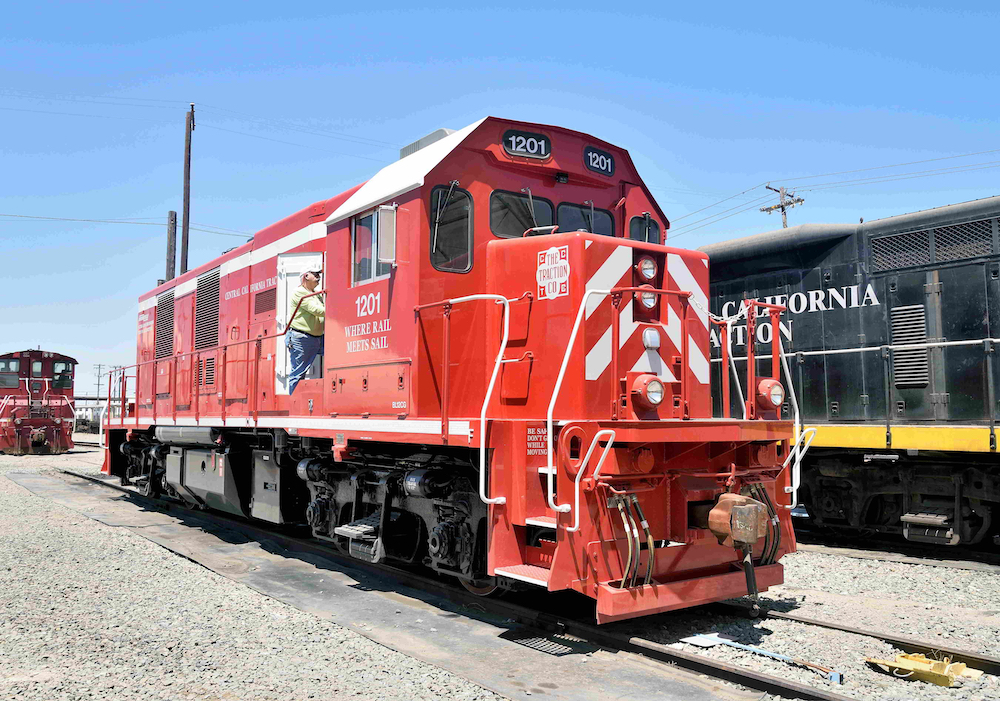
Rare genset diesel locomotives South of Sacramento and north of Modesto lies Stockton, Calif., home to Central California Traction Company and its rare genset diesel locomotives. Built by Brookville Equipment Corp. of Pennsylvania in early 2015, the units, designated BL12CG, are powered by a pair of Cummins prime movers connected to EMD D78 traction motors […]
Read More…
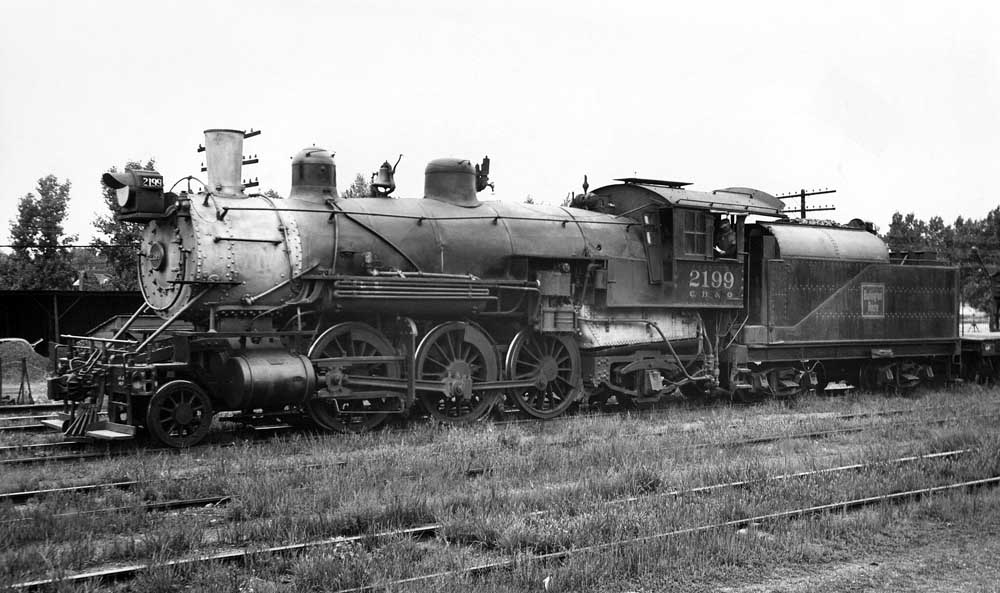
Unsurprisingly, the largest 2-6-2 Prairie fleet operated on the U.S. prairies with the railroad that originated the type. As the railroad industry approached the late 19th century, it became obvious that what had been considered the preferred locomotive — the 4-4-0 American — could no longer provide the horsepower nor the speed necessary […]
Read More…
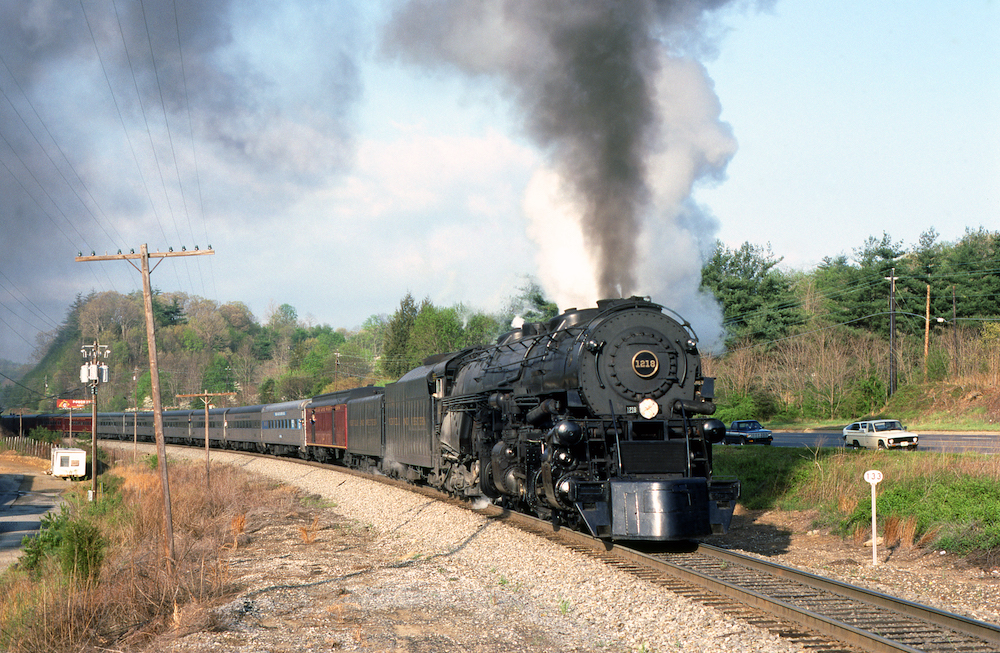
Steam excursions in the United States are like taking center stage. Star-studded locomotives arrived with some staying while others received curtain calls. Of those that have taken their final bow, here are five former U.S. steam excursion locomotives that left an impact. Grand Trunk Western No. 5629 Excursion service 1959-1973: The class K-4a, 4-6-2 No. […]
Read More…












